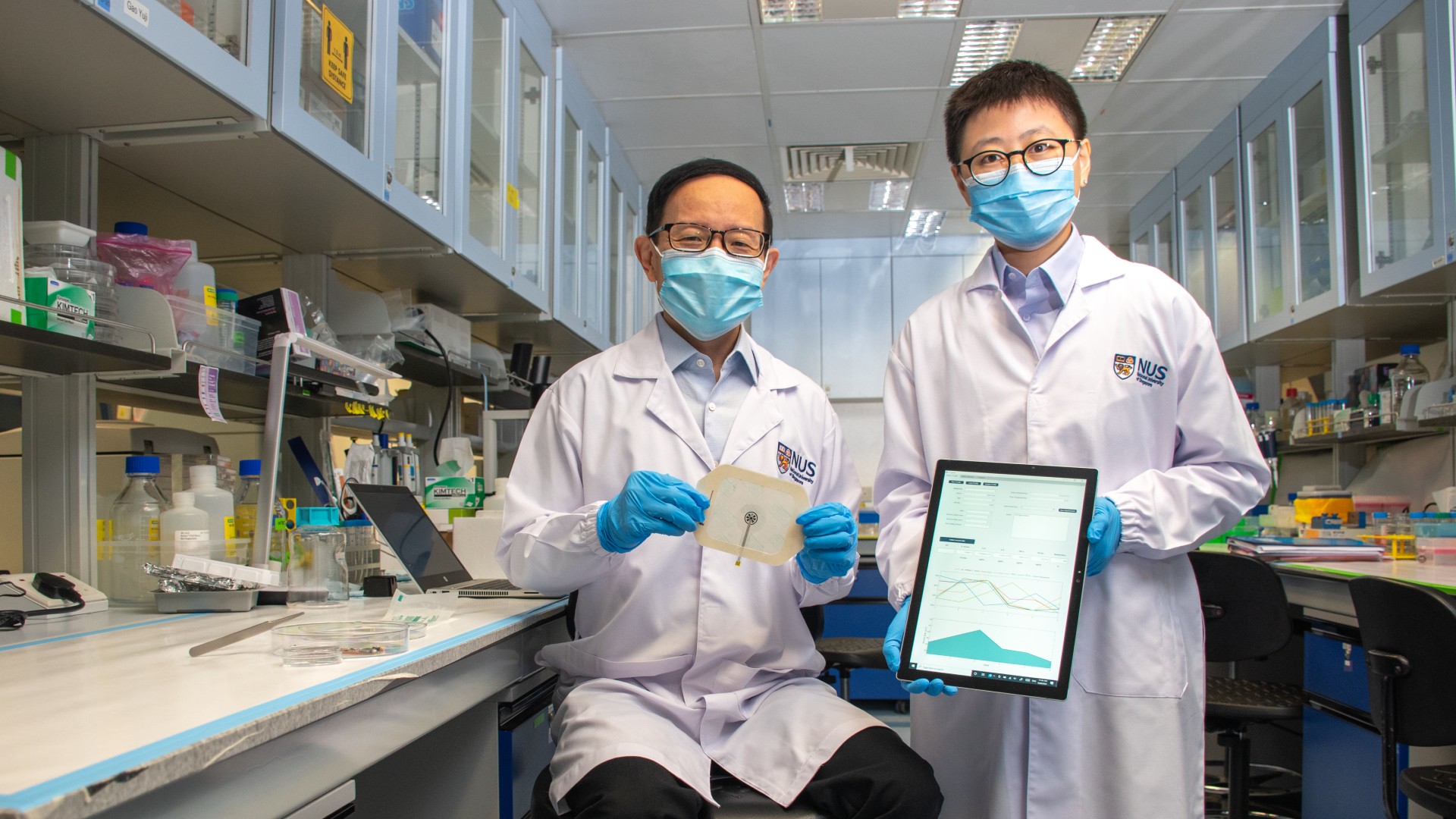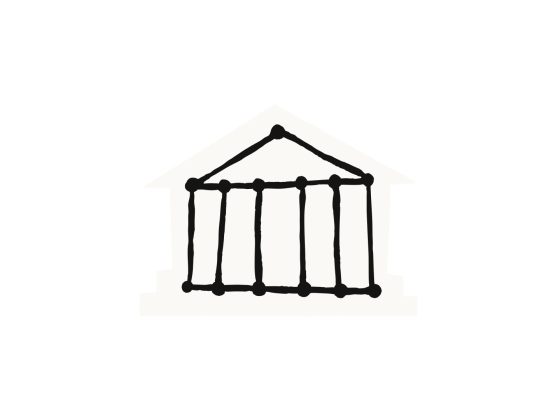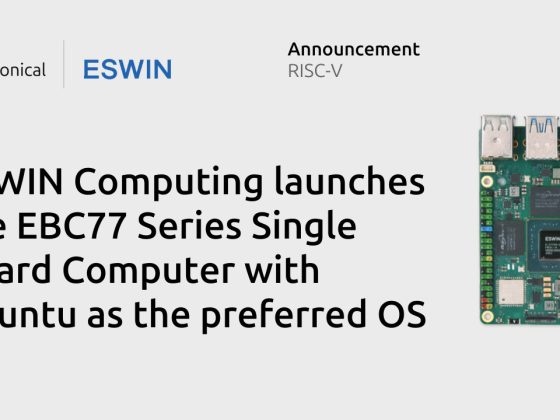
A research team led by Professor Lim Chwee Teck from the National University of Singapore’s (NUS) Department of Biomedical Engineering and Institute for Health Innovation & Technology (iHealthtech), in collaboration with clinical partners from Singapore General Hospital, has developed a smart wearable sensor that can conduct real-time, point-of-care assessment of chronic wounds wirelessly via an app. A world’s first, the novel sensor technology can detect temperature, pH, bacteria type and inflammatory factors specific to chronic wounds within 15 minutes, hence enabling fast and accurate wound assessment.
With a rapidly ageing population, healthcare providers are seeing more patients suffering from non-healing wounds such as diabetic foot and chronic venous leg ulcers. It has been estimated that about two per cent of the world’s population suffer from chronic wounds. The healing processes for these chronic wounds are often interrupted due to reasons such as infection and repeated trauma, leading to severe stress, pain and discomfort to afflicted patients. For patients with diabetic foot ulcers, this can lead to more severe outcomes such as foot amputation. Timely care and proper treatment of chronic wounds are needed to speed up wound recovery. However, this requires multiple clinical visits for lengthy wound assessment and treatment, which adds to the healthcare cost. The NUS team’s innovation can help mitigate these consequences and relieve patients with chronic wounds from unnecessary distress.
The research was first published in the journal Science Advances on 21 May 2021.

Applying digital health for personal healthcare
Current clinical assessments of wounds rely on visual inspection, or collecting and sending wound fluid to a centralised lab to detect and analyse specific biomarkers. The whole process usually takes about one to two days and may impede proper, timely and precise medical interventions. Although there are recent developments in flexible sensors designed for wound care, they can only probe a limited set of markers such as acidity, temperature, oxygen, uric acid, and impedance to diagnose wound inflammation.
In response to these current limitations, the researchers developed VeCare, a point-of-care wound assessment platform consisting of an innovative wound sensing bandage, an electronic chip and a mobile app. The bandage comprises a wound contact layer, a breathable outer barrier, a microfluidic wound fluid collector and a flexible immunosensor. VeCare is the first wound assessment platform that can detect bacteria type and probe inflammatory factors, in addition to measuring acidity and temperature, within a single 15-minute test. The immunosensing bandage enables rapid assessment of wound microenvironment, inflammation, and infection state by detecting multiple chronic wound-specific biomarkers from wound fluid using an electrochemical system. The microfluidic wound fluid collector attached to the sensor directs and boosts wound fluid delivery to the sensor by up to 180 per cent. The design ensures reliable sensing performance regardless of the ulcer shape or size.
In addition, a chip integrated with flexible electronics is connected to the sensor to transmit data wirelessly to an app for convenient, real-time wound assessment and analysis onsite. The chip component, powered with a rechargeable battery, can be reused for subsequent applications.

The VeCare platform and mobile app enable doctors to monitor the condition of patients’ chronic wounds remotely, reducing the hassle for patients to travel to a clinic. The bandage complements the patient’s existing medical treatment while facilitating timely medical intervention for wound healing processes.
“Point-of-care devices coupled with telehealth or digital health capability can play a significant role in transforming the healthcare industry and our society, which is catalysed by the COVID-19 pandemic requirements for safe distancing. Our smart bandage technology is the first of its kind designed for chronic wound management to give patients the freedom to perform the test and monitor their wound conditions at home,” said Prof Lim, who is Director of iHealthtech at NUS.
In collaboration with the Singapore General Hospital, a small clinical test of VeCare was conducted on patients with chronic venous leg ulcers. They successfully demonstrated that the platform is effective in the assessment of chronic wounds and enabling monitoring of the progress of wound healing with timely medical intervention.
Using smart sensors for better clinical management
“The VeCare platform is easily scalable and customisable to accommodate different panels of biomarkers to monitor various types of wounds. The aim is to have an effective and easy to use diagnostic and prognostic tool for precise and data-driven clinical management of patients,” commented Prof Lim.
The next step for the research team is to further develop VeCare to meet safety, regulatory and mass production considerations. The team will explore the incorporation of other appropriate biomarkers suitable for other wound types and utilise data in existing clinical workflows to improve diagnosis and treatment. They hope to test the technology on a larger prospective randomised clinical trial with different types of non-healing chronic ulcers such as diabetic foot and pressure ulcers.










